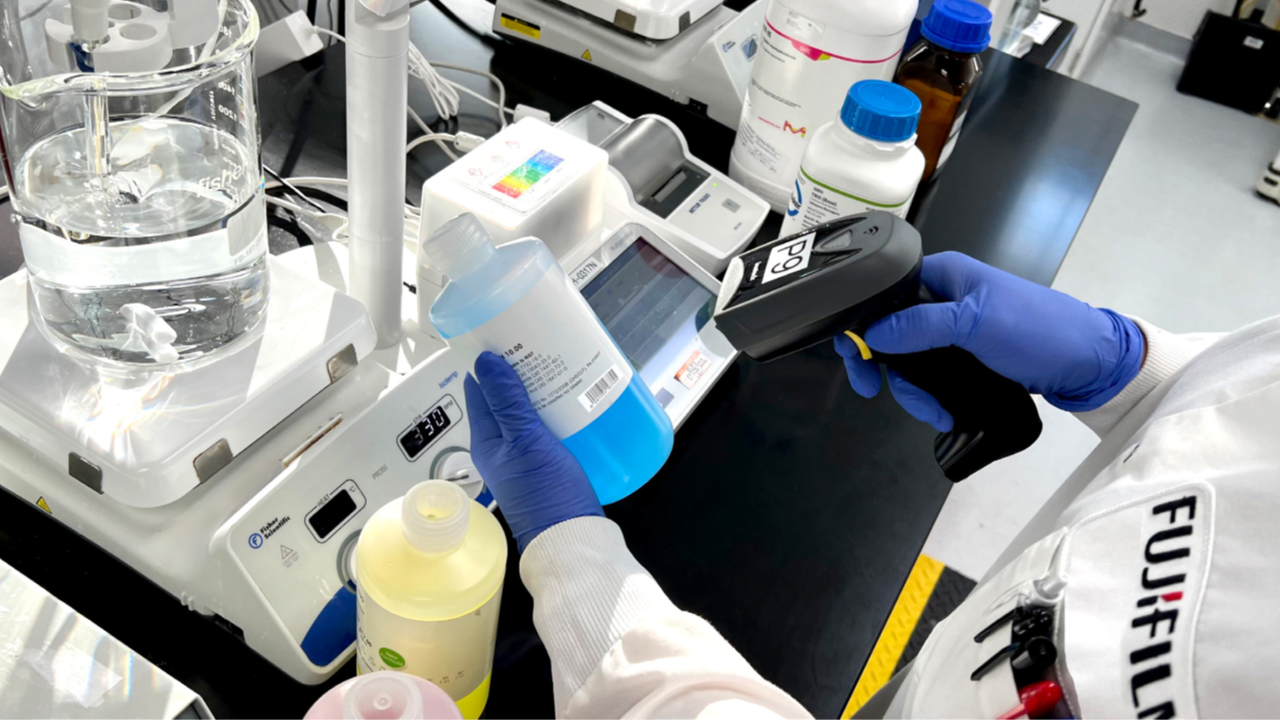Pharmaceutical scientist jobs play a pivotal role in the discovery, development, testing and production of new medications. They primarily dedicate their time in laboratories, studying the interactions between various compounds and cells and organisms. Additionally, they probe into how these compounds engage with the human body, determining their potential as new therapeutic drugs.
In this article, we delve into the roles, educational qualifications, experience prerequisites, industry outlook and salary prospects for pharmaceutical scientists. If the world of drug discovery and formulation intrigues you, continue reading to get a deeper insight into this dynamic profession.
And don’t forget to explore the Xtalks Job Search platform to embark on your journey to landing your dream pharmaceutical scientist job today.
Related: Clinical Trial Manager Jobs: What You Should Know
What Does a Pharmaceutical Scientist Do?
Pharmaceutical scientists primarily work in labs, exploring how compounds interact with cells and with the human body to identify potential new drugs. Developing medicines is a costly and prolonged process, encompassing three phases:
- Discovery: Sifting through numerous compounds to find disease-fighting agents;
- Development: Testing the drug on animals and humans for safety and effectiveness; and
- Manufacturing: Mass-producing the drug for wide distribution.
Creating medicines involves a diverse team of experts spanning disciplines like chemistry, biology, engineering, informatics and medicine. In the discovery stage, scientists might assess thousands of molecules or multiple molecular pathways to identify effective treatments. A promising compound discovered today could take up to two decades to reach the pharmacy shelves.
Pharmaceutical scientists often focus on a particular facet of drug development. Their roles can include designing therapies, repurposing existing drugs, studying disease mechanisms or drug-body interactions, testing for drug safety and efficacy, optimizing formulations and dosages, enhancing manufacturing processes, ensuring medication quality or advising entities like the US Food and Drug Administration (FDA) on pharmaceutical matters.
Educational Requirements and Recommendations
To pursue a career as a pharmaceutical scientist, a keen interest in math, biology, chemistry and science is essential. Choose early which drug development stage — discovery, development or manufacturing — interests you. College majors beneficial for this career include pharmaceutical sciences, biology, chemistry, medicine or engineering.
Effective communication skills are vital, as you’ll collaborate with a diverse scientific team. Persistence is also crucial due to the lengthy development processes and potential failures; many promising drugs don’t make it to the market.
While a majority of pharmaceutical scientists start working after receiving a Bachelor’s degree, advancing often requires further specialization. Companies frequently sponsor talented employees with advanced degrees like MS, MPH, MD, PharmD or PhD, paving the way for career progression.
How to Become a Pharmaceutical Scientist?
Many pharmaceutical scientists pursue extensive studies in pharmacy or chemistry, but they also accumulate significant lab experience before leading experiments independently. To become a pharmaceutical scientist, there are several steps you can take:
- Obtain a Bachelor’s degree: To qualify for this position, one needs at least a Bachelor’s degree in pharmaceutical sciences, chemistry or a similar field.
- Consider a Master’s degree: While not mandatory for all positions, a Master’s degree can enhance your expertise and demonstrate to employers a deeper specialization in the field.
- Gain lab experience: Throughout your studies, it’s beneficial to seek hands-on experience in a lab. Even though your program might incorporate lab sessions, undertaking a research internship can further enrich your practical experience.
- Network with professionals: During your education, consider joining the student chapter of the American Association of Pharmaceutical Scientists and consider shadowing professionals in the field.
- Apply for pharmaceutical scientist positions: Update your resume, write a cover letter and get ready for interviews by preparing questions or holding a mock interview.
What Is the Job Outlook Like?
The job outlook for pharmaceutical scientists is overwhelmingly positive. According to the US Bureau of Labor Statistics (BLS), employment of medical scientists, which includes pharmaceutical scientists, is projected to grow 10 percent between 2022 and 2032, much faster than the average for all occupations.
Each year, over the next decade, approximately 7,500 job opportunities for medical scientists are anticipated. A significant portion of these openings will arise from the need to replace professionals transitioning to other roles or leaving the workforce, like retirement.
This growth will be driven by a variety of factors, including the aging population and rising chronic disease rates. There’s an increasing need for research into diseases like Alzheimer’s and cancer, as well as treatment-related issues, such as antibiotic resistance.
Salary Expectations for a Pharmaceutical Scientist
Pharmaceutical scientist salaries vary based on education, experience and location. According to Glassdoor, the estimated total pay for a pharmaceutical scientist is $185,133 per year in the US, with an average salary of $136,830 per year.
The estimated additional pay, which could include cash bonus, commission, tips and profit sharing, is $48,303 per year. Pharmaceutical scientists can earn the highest average salary in California, Illinois, Maryland, Montana and Rhode Island.
Start applying for your ideal job today. Visit Xtalks Job Search to see new and exciting openings in the pharma, biotech and medical device industries.











Join or login to leave a comment
JOIN LOGIN